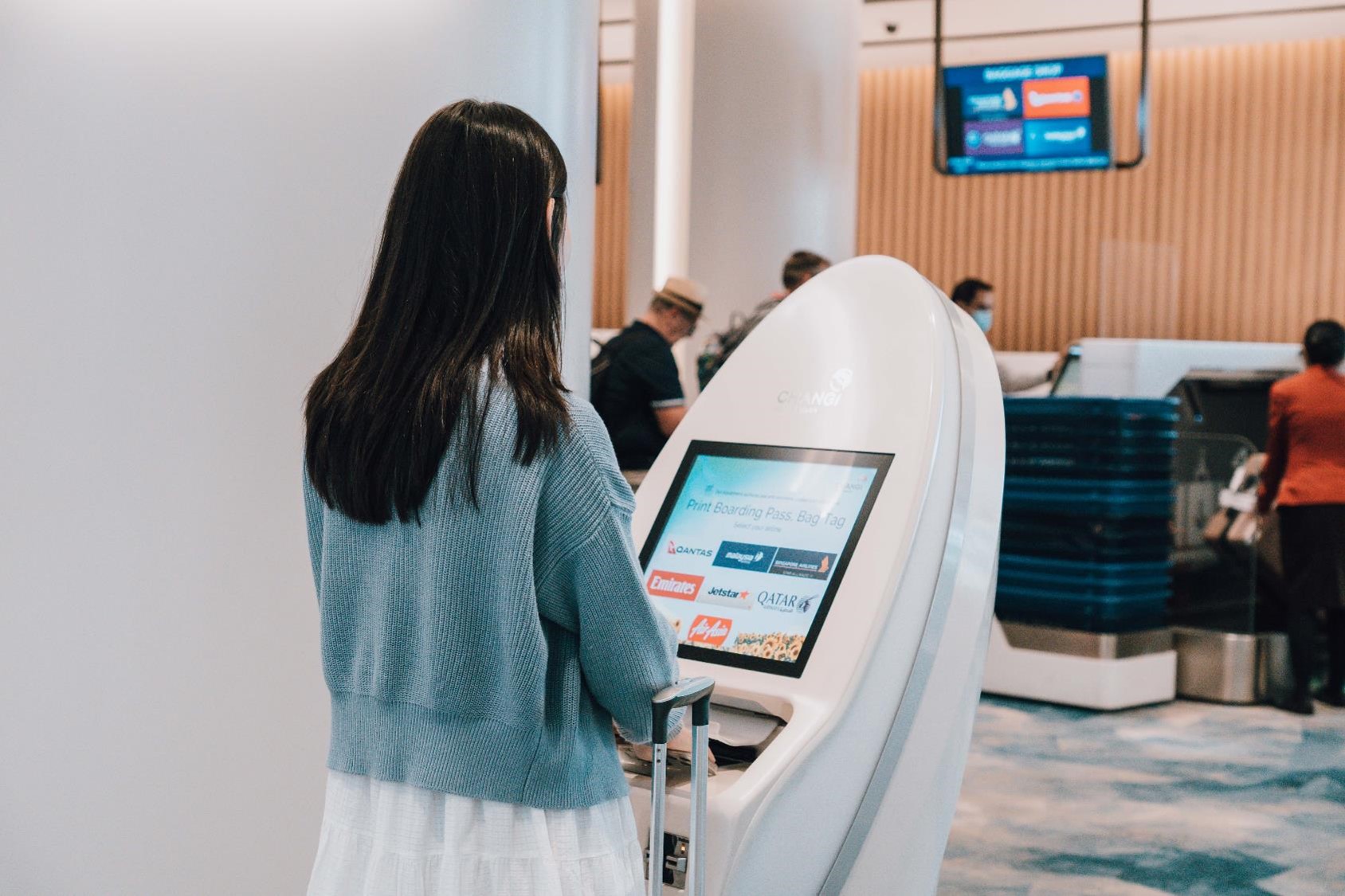Dhiraagu and Sparkhub are digitally bringing the Online Seedstars World (SSW) Competition to the Maldives for the first time and will be held exclusively online. Seedstars, the Swiss-based private company with a mission to impact people’s lives in emerging markets and the Online Seedstars World Competition 2020/21 – Maldives edition, is an open call to all interested tech-based startups from all over the Maldives to sign up and join.
The winning startup of SSW – Maldives will get access to global mentoring opportunities, the chance to be a part of the ten startups selected by Seedstars for a USD 50K growth program investment as well as compete for the Global Winner investment prize of up to USD 500K as part of this global competition The competition is looking for technology startups, tech-enabled ventures, and/or early-stage companies that fit the following criteria:
- must have a Minimum Viable Product (MVP)
- Initial traction with their users
- Ongoing operations based in the country/city of application
- Must have no previous investments larger than USD 1 million up to date of application
As the open-call for the Seedstars World Competition has now launched, we could not be prouder to support a community that is eager and capable of taking concrete and constructive steps. By remaining independent while always standing in solidarity, we aim to go beyond physical interactions in order to create impact on broader society.
Said Pierre-Alain Masson, Co-Founder of Seedstars
Every year, Seedstars seeks out the most promising startups in emerging markets to join its global community and accelerate them through their programs and investments. Organizing local competitions in 94 cities in emerging markets, Seedstars has opened the applications for startups until August 15th. The company will then train more than 1,800 startups through the Online Seedstars Academy and select one local startup winner per city to take part in the Regional stage competition. The startups selected for each region will then compete at the Grand Finale to be held in April 2021.
We hope that the promising tech startups from Maldives do not miss this wonderful opportunity to represent the country in this global competition, get international exposure and access to valuable opportunities. Dhiraagu has been focusing in supporting startup programmes to help foster the local startup culture and innovation.
Athifa Ali, Director Corporate Services at Dhiraagu said.
Sparkhub has worked on bringing the world best brands relating to Startup development to Maldives and with Seedstars, we are finally able to bring something which the established Startups of Maldives could reap benefits from and penetrate into a global market through mentorship and investment opportunities.
Hussain Jinan, Co-Founder and CEO of Sparkhub said
To apply, simply visit the Online Seedstars World Competition 2020/21 Maldives page by clicking HERE.








